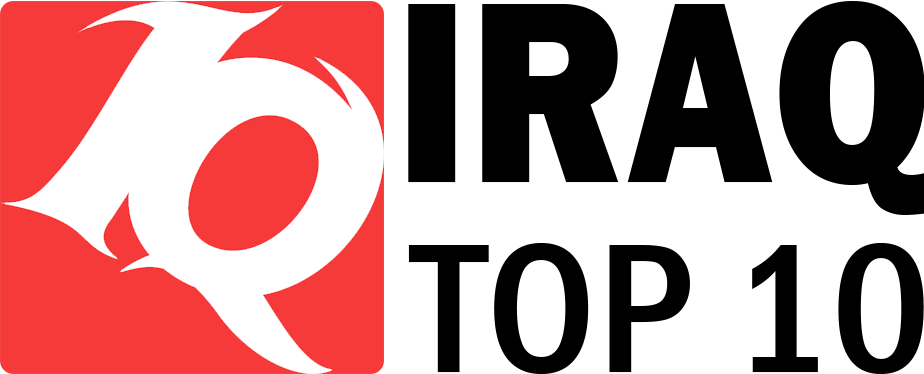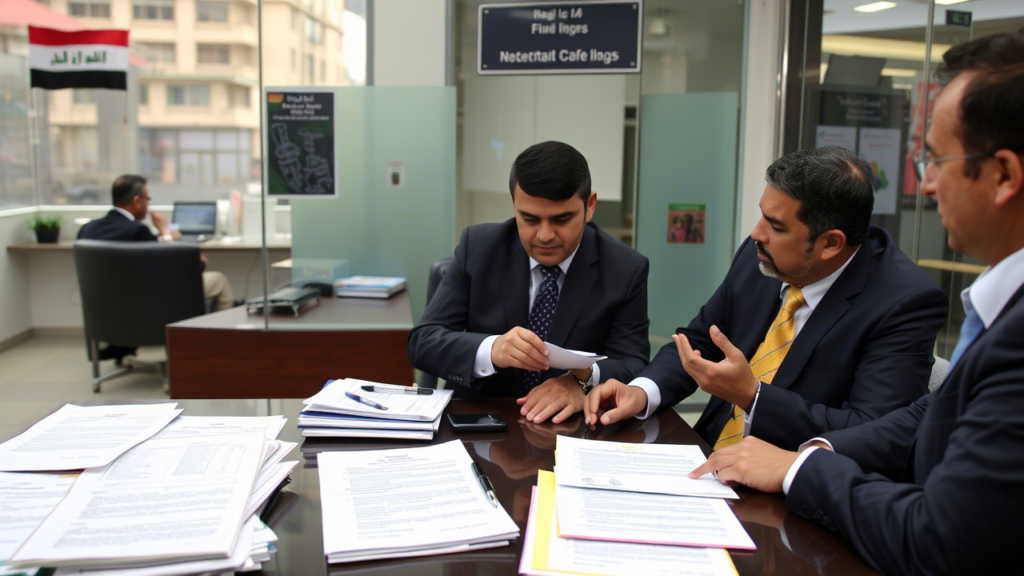Can Foreigners Open a Business in Iraq? A Comprehensive Guide for Entrepreneurs

Can Foreigners Open a Business in Iraq?
Iraq, with its strategic location, rich natural resources, and growing economy, presents unique opportunities for foreign entrepreneurs. However, navigating the legal and cultural landscape can be challenging. If you’re wondering, “Can foreigners open a business in Iraq?”, the answer is yes—but it requires careful planning and understanding of local regulations. In this article, we’ll explore the steps, requirements, challenges, and practical tips for starting a business in Iraq as a foreigner.
Why Invest in Iraq?
Before diving into the specifics, let’s examine why Iraq is an attractive destination for foreign entrepreneurs:
- Strategic Location: Situated at the crossroads of the Middle East, Iraq provides access to regional markets.
- Untapped Potential: Despite years of conflict, Iraq’s economy is rebuilding, offering opportunities in sectors like construction, agriculture, technology, and energy.
- Government Initiatives: Efforts to attract foreign investment include tax incentives and streamlined processes.
- Young Population: With over 60% of the population under 25, there’s a growing demand for consumer goods, services, and innovation.
Now, let’s break down how foreigners can establish a business in Iraq.
Legal Framework: Can Foreigners Open a Business in Iraq?
Yes, foreigners can open a business in Iraq, but they must comply with specific regulations. The Iraqi government has introduced reforms to encourage foreign investment, particularly through the Investment Law No. 13 of 2006. This law allows foreign investors to own businesses outright in certain sectors.
Key Points to Consider:
- Business Ownership: Foreigners can own up to 100% of a business in most industries, except for restricted sectors like oil extraction.
- Residency Requirements: While not mandatory, having a local presence or partner can simplify operations.
- Licensing: Businesses require licenses from relevant ministries, depending on the industry.
Steps to Open a Business in Iraq as a Foreigner
Starting a business in Iraq involves several key steps. Here’s a detailed roadmap:
1. Conduct Market Research
Before launching, assess the market to identify viable opportunities:
- Analyze demand for your product or service.
- Study competitors and target demographics.
- Understand cultural nuances that may impact your business model.
Tip: Partnering with a local consultant can provide valuable insights into consumer behavior and regulatory compliance.
2. Choose a Business Structure
Foreigners can choose from various business structures:
- Limited Liability Company (LLC): Most common for small to medium enterprises.
- Joint Stock Company: Suitable for larger ventures.
- Branch Office: Ideal for multinational corporations expanding into Iraq.
Each structure has different legal and tax implications, so consult a lawyer or accountant to determine the best fit.
3. Register Your Business
Registration involves multiple steps:
- Name Reservation: Submit your desired business name to the Companies Registration Department.
- Articles of Association: Draft and notarize this document, outlining the company’s purpose, shareholders, and management structure.
- Obtain Licenses: Depending on your industry, secure permits from relevant authorities (e.g., Ministry of Trade, Ministry of Industry).
4. Secure Funding
While Iraq offers opportunities, financing can be challenging:
- Local Banks: Limited access to credit for foreigners; consider partnering with local entities.
- Foreign Investment: Explore international grants or loans tailored for emerging markets.
5. Hire Local Talent
Employing locals not only fulfills legal requirements but also fosters goodwill:
- Ensure compliance with labor laws, including minimum wage and working conditions.
- Offer training programs to enhance employee skills.
Challenges of Opening a Business in Iraq
While the potential rewards are significant, foreign entrepreneurs face several challenges:
1. Bureaucratic Hurdles
- Lengthy approval processes and paperwork can delay business setup.
- Corruption remains a concern, though recent reforms aim to address this issue.
2. Security Concerns
- Certain regions may still experience instability, affecting logistics and operations.
- Focus on safer areas like Baghdad, Erbil, and Basra for smoother operations.
3. Infrastructure Gaps
- Power outages and internet connectivity issues can disrupt daily activities.
- Investing in backup generators and satellite internet may be necessary.
4. Cultural Differences
- Understanding local customs and building trust takes time.
- Engage with community leaders and participate in networking events to integrate better.
Sectors with High Growth Potential
To maximize success, focus on industries experiencing rapid growth:
1. Technology and Telecommunications
- Increasing smartphone penetration creates demand for apps, e-commerce platforms, and digital services.
2. Construction and Real Estate
- Rebuilding efforts post-conflict drive demand for housing, commercial spaces, and infrastructure projects.
3. Agriculture
- With fertile land and water resources, agribusinesses have immense potential.
4. Renewable Energy
- Solar and wind energy projects align with global sustainability trends and government initiatives.
Practical Tips for Success
Here are actionable strategies to thrive as a foreign entrepreneur in Iraq:
- Build Strong Relationships: Networking is crucial. Attend trade fairs, join chambers of commerce, and collaborate with local partners.
- Understand Tax Laws: Familiarize yourself with corporate tax rates (typically 15%) and VAT regulations.
- Stay Updated: Monitor policy changes and economic developments by subscribing to newsletters from organizations like the Iraqi National Investment Commission (NIC).
- Leverage Free Zones: Establishing a business in free zones like the Basra Investment Zone offers tax exemptions and reduced tariffs.
Conclusion: Unlock Opportunities in Iraq
Opening a business in Iraq as a foreigner is both feasible and rewarding if approached strategically. By understanding the legal framework, addressing challenges, and targeting high-growth sectors, you can tap into Iraq’s vast potential. Remember, patience and persistence are key—success won’t happen overnight, but the rewards can be substantial.
Are you ready to take the leap? Start by conducting thorough research, assembling a reliable team, and reaching out to local experts who can guide you through the process.


























































* * * Unlock Free Spins Today: http://anuradhatai.com/index.php?bh4kxw * * * hs=8861558e1e2fc7c413b2c89bff890f9c* ххх*
03rd May 2025Your comment is awaiting moderation.
c2a7eb